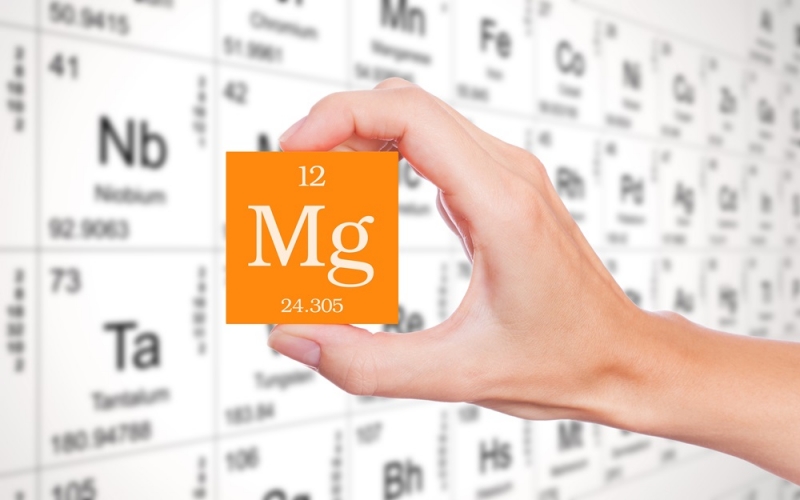Magnesium is one of the many different vitamins and minerals that your body needs to properly function. Without magnesium, the body would be unable to function because this mineral is required for more than 300 different biochemical reactions. Despite this, many people are unaware of how important magnesium is to the human diet and don’t know the signs of being deficient. They may also don’t know how to add more magnesium to their diet, something that is often required.
What Is Magnesium?
The human body has more magnesium in it than almost any other element. Magnesium is classified as a macro-mineral. This means that the body needs large amounts of magnesium to function, which also classifies it as an essential mineral. You absorb magnesium through the foods you eat and the supplements you take, and even through some topical applications. Once you’ve absorbed it, the body breaks it down into ions. These ions can then be used to create biochemical reactions.
What Magnesium Ions Do
Once the magnesium has been broken down, the ions are then absorbed by the body and used by the cells. They help break down fat and glucose, produce a number of enzymes, antioxidants, and proteins, and help the body create RNA and DNA. Magnesium is also vital in regulating the production of cholesterol and in keeping your cholesterol at healthy levels.
Without magnesium, many of the different enzymes in the body would not function properly, which in turn means that many of the body’s necessary functions would no longer work properly. For example, your muscles would contract but would be unable to relax.
Signs of Magnesium Deficiency
If you are low on magnesium, you may need to take some magnesium tablets. This is a quick and easy way to raise your magnesium levels, but first you need to know if you are truly deficient or if there’s something else going on. A doctor can do a simple blood test to determine your magnesium levels, but you can also look for these common symptoms of magnesium deficiency.
First, you may notice that you have more muscle cramps and spasms than usual. You may feel anxious, and your heart rhythm may seem irregular. You may also actually have a seizure if your magnesium level drops too low. Other symptoms include insomnia, migraines, chronic fatigue, and depression. Rarer symptoms include vomiting, nausea, hyperglycaemia, tremors, and vertigo.
Related Chronic Diseases and Conditions
In addition to the symptoms listed above, if you’re chronically deficient in magnesium, you may be more at risk for certain conditions and diseases. Studies have shown a link between magnesium deficiency and ADHD, and while more research is required here, it does appear that magnesium supplements do help children focus better. There have also been links between this essential mineral and Parkinson’s disease, depression, asthma, and Type II diabetes. The more severe your deficiency is and the longer you have it, the more likely it is that you will start suffering from more severe side effects and risks.
